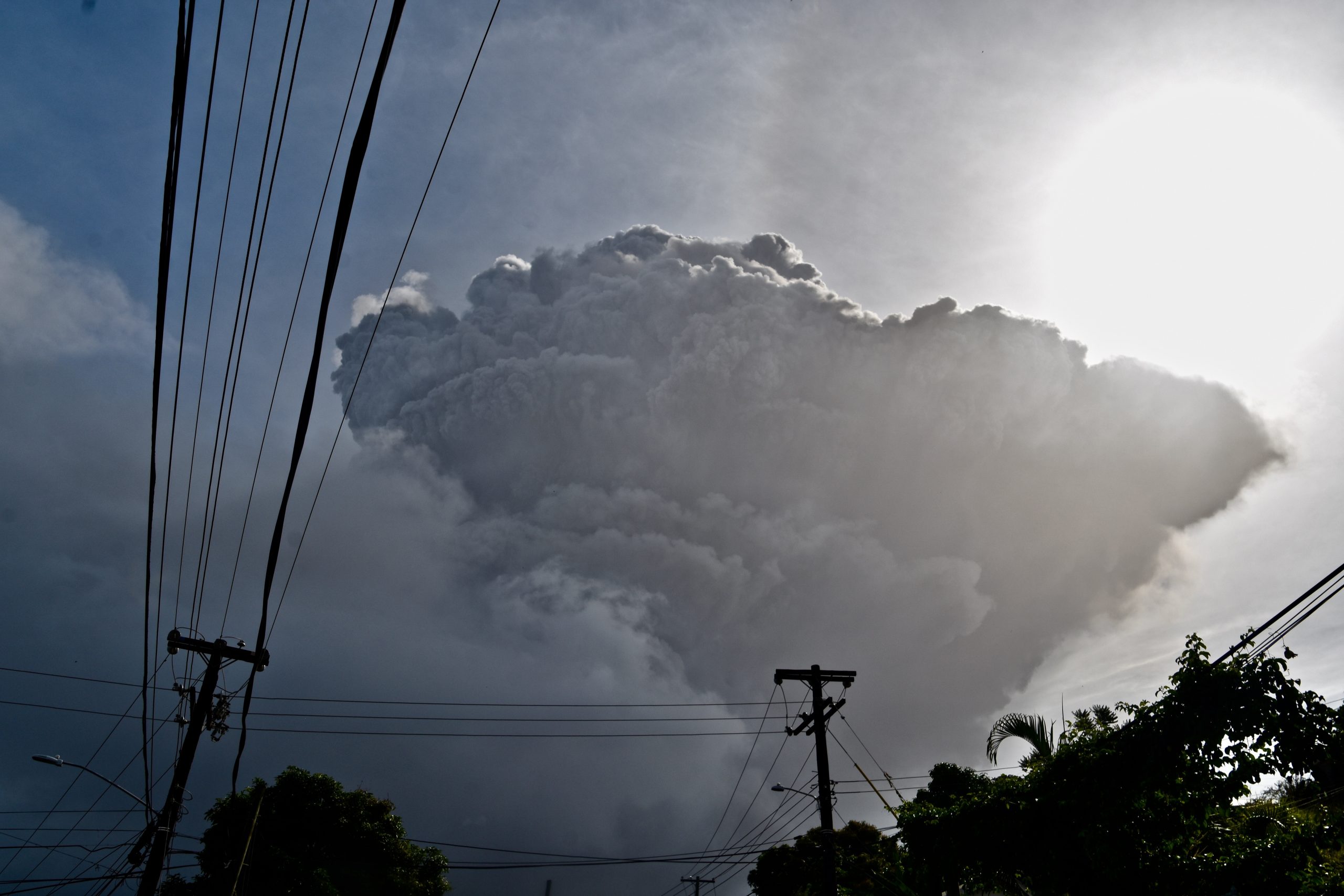Residents of a Caribbean island attempting to flee a volcanic eruption will not be permitted to travel to neighboring countries offering refuge unless they produce proof showing that they are fully vaccinated against COVID-19.
Ralph Gonsalves, the prime minister of St. Vincent and the Grenadines, said that only those who had been fully vaccinated can board the ships that will take them to neighboring islands.
Gonsalves said in an interview on NBC Radio St Vincent and the Grenadines that it was the decision of the countries willing to take refugees to not accept unvaccinated visitors. He also recommended that anyone going to a shelter on St. Vincent be fully vaccinated against the coronavirus. Only 10,805 of the country’s residents have received at least one dose of the vaccine.
The prime minister ordered an evacuation of areas near the volcano of La Soufriere ahead of Friday’s eruption after the National Emergency Management Organisation warned there was a “substantial prospect of disaster.” The order forced an estimated 20,000 St. Vincentians to flee their homes immediately and seek refuge in shelters.
VACCINE PASSPORTS RAISE PRIVACY AND DISCRIMINATION CONCERNS
Cruise lines have rushed to the area to offer aid to affected residents. Carnival sent two ships, the Carnival Legend and the Carnival Paradise, which will each take 1,500 passengers to neighboring islands. Royal Caribbean’s Serenade of the Seas and Celebrity Cruises’s Celebrity Reflection are also joining the rescue efforts. The Serenade of the Seas evacuated 137 St Vincentians to St. Lucia on Saturday.
Vance Gulliksen, a spokesman for Carnival Cruises, told the Washington Examiner that the company “has not made vaccines a requirement of this humanitarian mission.” He added that the government of St. Vincent had offered to “do their best” to ensure that all passengers are vaccinated against COVID-19 and tested for the virus.
In a statement to the Washington Examiner, Royal Caribbean said that testing and vaccination requirements are being administered by government officials in St. Vincent.
At the time of publication, representatives of the government of St. Vincent and the Grenadines had not responded to the Washington Examiner’s request for comment on the vaccine requirement.
La Soufriere erupted for the first time since 1979 on Friday, spewing ash and sending a 6-mile ash column into the skies above the island.

CLICK HERE TO READ MORE FROM THE WASHINGTON EXAMINER
Volcanologists say the risk of further eruption could last for months. “We can’t be sure that because there’s been one explosion, that this is it,” Jenni Barclay, a volcanologist at the University of East Anglia, told National Geographic. “Many volcanic eruptions continue over weeks or even months, and they have different phases of activity associated with them.”
Even those not in the immediate danger of lava flows are still at risk from volcanic ash. Inhalation of ash can be tolerated by humans for short periods of time; however, those with emphysema, asthma, and chronic bronchitis are “most at risk,” according to the International Volcanic Health Hazard Network.
